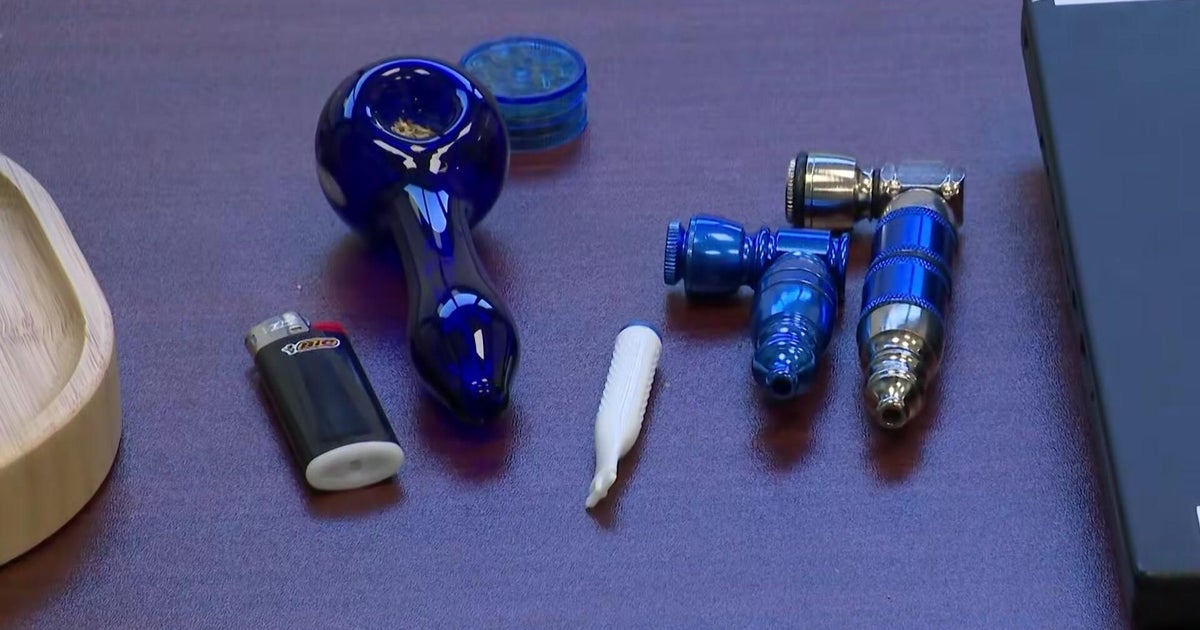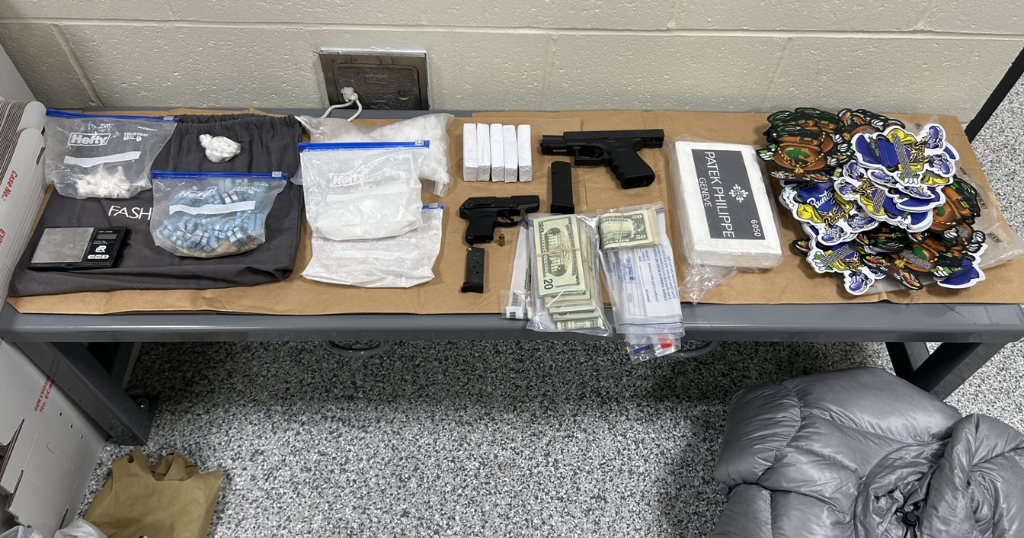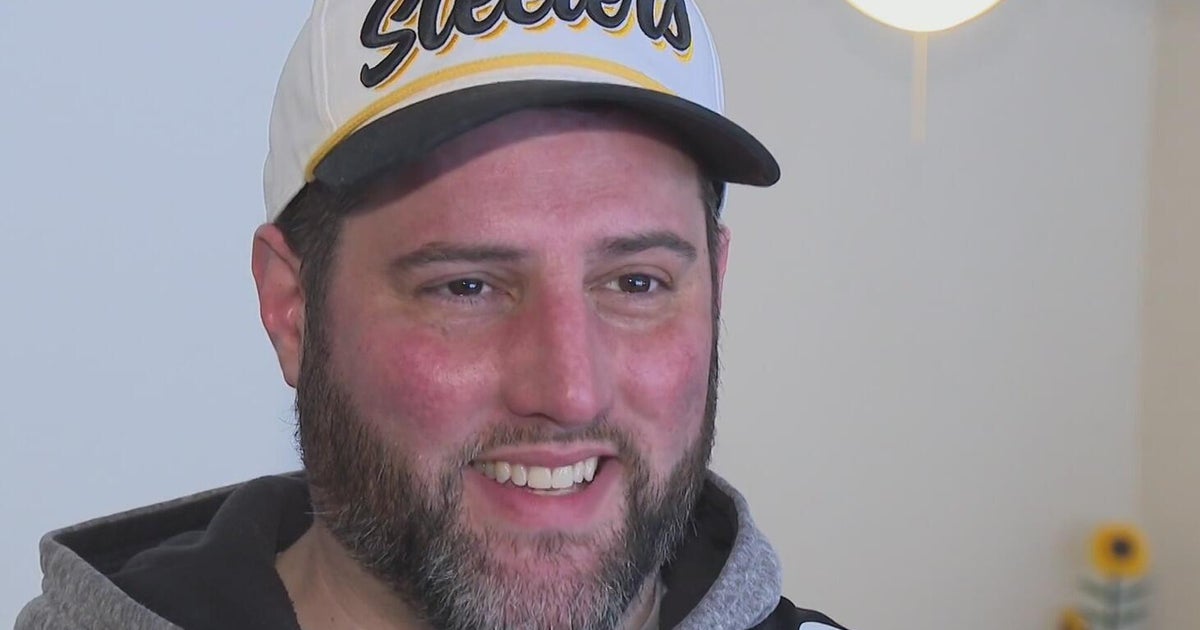Lab Tests Find Lead, Mercury, Arsenic, Cadmium In Popular Pet Foods
PITTSBURGH (CBS) -- There are plenty of regulations intended to keep food safe for people, but there are new concerns about pet foods.
The FDA has received more than 9,000 pet food complaints since 2010, ranging from diarrhea to death.
Now, lab tests commissioned by the Clean Label Project are shedding new light on what they say are shocking levels of contaminants lurking in pet foods.
"Seeing lead levels that were 55 times those observed in the Flint, Michigan, drinking water," said Jackie Bowen, of the Clean Label Project.
Bowen says they worked with Ellipse Analytics to test 900 of the bestselling pet foods and treats for over 130 contaminates and toxins.
"We're talking about lead, arsenic, mercury, cadmium," Bowen said.
Instead of nutrition, she says they focused solely on contaminants, which the lab says it found in products from nearly every brand tested, though levels varied dramatically from product to product within each brand.
"Foods are branded organic, they're this, they're that, but the reality is that most of the foods just have to comply with basic FDA standards and they haven't been researched," veterinarian Dr. Jill Chase said.
- For more information on this story, visit CBS San Francisco.
Dr. Chase notes that animals can be more tolerant than humans to many contaminants. However, she says there's still reason to be concerned.
"You should always be concerned when you hear the food you're feeding your beloved pet is high in these values because lead, for example, is sort of a silent killer. You don't know about it until you start seeing symptoms," Dr. Chase said.
This guidance following the Flint water crisis says pets should not drink water if "the lead level exceeds 150ppb [parts per billion]."
But Ellipse Analytics says one of the cat foods tested positive for 15 times (5000 ppb) that level of lead. That's while other products from the same company had no lead at all.
"Contaminants vary because there are different ingredients," Bowen said.
She also notes, the FDA, which regulates pet food safety, doesn't monitor claims like "biologically appropriate" or "human grade."
"If they're making 'human grade' claims, they should meet 'human grade' standards," Bowen said.
But the lab says it found lead in one of the dog foods at three times the FDA guidance for lead in certain human foods. Tests also found another brand, with "human grade" ingredient claims, had a product with 15 times the EPA's mercury limits for human drinking water.
Join The Conversation On The KDKA Facebook Page
Stay Up To Date, Follow KDKA On Twitter
Though these substances can be naturally occurring, may also be found in human foods, and each "human grade" brand also had products with much better results.
But exactly how much is too much lead, arsenic, mercury or cadmium for pets? The FDA has no set limits.
So Bowen says the Clean Label Project used the EPA's Safe Drinking Water Act as a benchmark.
"In the absence of any federal regulation, for pet food, we had to rely on something," she said.
In response - the FDA said:
"Relying on the acceptable levels of a substance in drinking water for humans is not a sound approach to determining acceptable levels of that substance in food for dogs and cats."
They note the size difference, life span and physiology of pets, and that humans drink more water.
"If we can't compare human food to pet food, then there needs to be some regulations," says Bowen. "Give us some."
The FDA reports 15 pet food recalls so far this year. None are related to the contaminants outlined in the report, but the agency says "any level of those substances must be safe for the animal."
While some companies say they don't test for the contaminants because there are no set limits, Ainsworth Pet Nutrition pet foods say they do test their products and stand behind them, though they did not provided test results that dispute the lab's findings.
The pet food industry notes that the raw data and statistical methods used were not publically released, stating: "It is impossible to assess the credibility or significance of recent claims made."
However, the industry admits it did not request that information.
Ellipse Analytics did share its data with CBS, and we shared a sub-set with the pet food companies we contacted.
The Clean Label Project is calling for more disclosure and limits on the contaminates.
The group is launching a fee-based certification program, where it will randomly test foods from participating brands. Those that pass will receive a seal, similar to Good Housekeeping.







